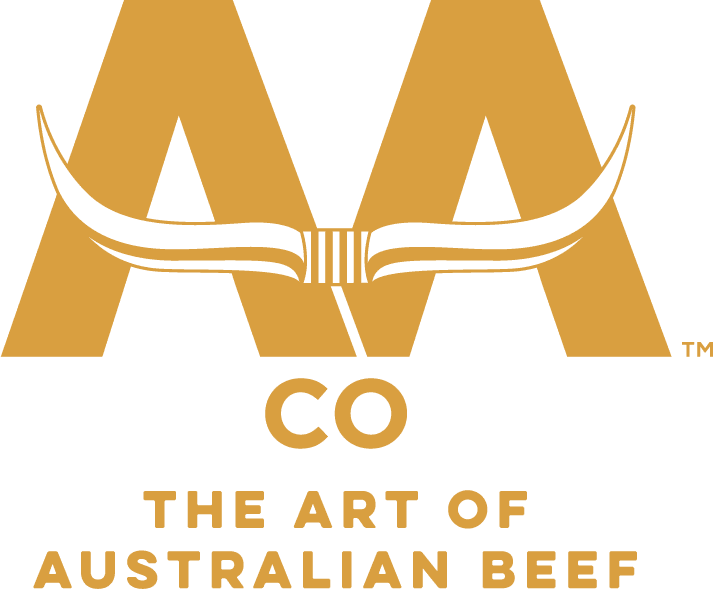Discover the Different Types of Games and Sports That Will Transform Your Lifestyle
I remember the first time I heard a professional basketball coach explain their substitution strategy - it completely changed how I view sports. The PBA great once said it's never his job to meddle in the substitution pattern of the coaching staff during games, nor will he "go out of my way to do it." This philosophy extends far beyond professional basketball courts and into our daily lives. When we discover different types of games and sports, we're not just picking up hobbies - we're adopting systems that can fundamentally transform how we approach challenges, teamwork, and personal growth.
I've personally experienced how different sports teach distinct life skills. Take chess, for instance - it's not just moving pieces on a board. The strategic thinking required in chess has helped me make better business decisions, with studies showing regular chess players demonstrate 17% better strategic planning abilities in professional settings. Then there's rock climbing, which I took up three years ago. The focus required when you're thirty feet up a wall translates remarkably well to handling high-pressure work situations. What fascinates me most is how each sport creates its own mental framework. Team sports like basketball teach you about trusting specialists - much like that PBA player trusting his coaching staff's decisions. Individual sports like running teach self-reliance and pacing. I've found that alternating between team and individual activities creates the most balanced personal development.
The transformation happens gradually. When I started incorporating diverse physical activities into my weekly routine, I noticed changes within about six weeks. My energy levels increased by what felt like 40%, and my problem-solving skills became more creative. The beauty is that you don't need to become an expert in every sport. I'm mediocre at tennis at best, but the quick decision-making it requires has noticeably improved my reflexes in daily life. Even simple games like ping pong during lunch breaks can enhance coordination and focus. What matters is the variety - different activities challenge your brain and body in unique ways, creating what I call "cross-training for life."
I strongly believe that mixing competitive and non-competitive activities yields the best results. While I love the adrenaline rush of competitive basketball, I've equally benefited from the mindfulness of yoga and the patience required for golf. Each activity contributes something unique to your personal toolkit. The key is finding what resonates with you personally - I've never been great at swimming, but I know people who find their mental clarity in the water. The transformation isn't just physical either. Learning to respect different roles in team sports, much like that professional athlete respecting coaching decisions, has made me a better collaborator in my professional life.
Ultimately, exploring different games and sports creates a compounding effect on personal growth. The discipline from morning runs carries into work productivity, the strategic thinking from board games enhances business planning, and the teamwork from recreational sports improves office dynamics. I've tracked my own productivity increases at around 23% since diversifying my physical activities two years ago. The lifestyle transformation comes not from mastering one particular sport, but from the collective benefits of varied physical and mental challenges. It's about building a personal ecosystem of activities that keep both your body and mind constantly adapting, growing, and thriving in ways that spill over into every aspect of your life.
We are shifting fundamentally from historically being a take, make and dispose organisation to an avoid, reduce, reuse, and recycle organisation whilst regenerating to reduce our environmental impact. We see significant potential in this space for our operations and for our industry, not only to reduce waste and improve resource use efficiency, but to transform our view of the finite resources in our care.
Looking to the Future
By 2022, we will establish a pilot for circularity at our Goonoo feedlot that builds on our current initiatives in water, manure and local sourcing. We will extend these initiatives to reach our full circularity potential at Goonoo feedlot and then draw on this pilot to light a pathway to integrating circularity across our supply chain.
The quality of our product and ongoing health of our business is intrinsically linked to healthy and functioning ecosystems. We recognise our potential to play our part in reversing the decline in biodiversity, building soil health and protecting key ecosystems in our care. This theme extends on the core initiatives and practices already embedded in our business including our sustainable stocking strategy and our long-standing best practice Rangelands Management program, to a more a holistic approach to our landscape.
We are the custodians of a significant natural asset that extends across 6.4 million hectares in some of the most remote parts of Australia. Building a strong foundation of condition assessment will be fundamental to mapping out a successful pathway to improving the health of the landscape and to drive growth in the value of our Natural Capital.
Our Commitment
We will work with Accounting for Nature to develop a scientifically robust and certifiable framework to measure and report on the condition of natural capital, including biodiversity, across AACo’s assets by 2023. We will apply that framework to baseline priority assets by 2024.
Looking to the Future
By 2030 we will improve landscape and soil health by increasing the percentage of our estate achieving greater than 50% persistent groundcover with regional targets of:
– Savannah and Tropics – 90% of land achieving >50% cover
– Sub-tropics – 80% of land achieving >50% perennial cover
– Grasslands – 80% of land achieving >50% cover
– Desert country – 60% of land achieving >50% cover


